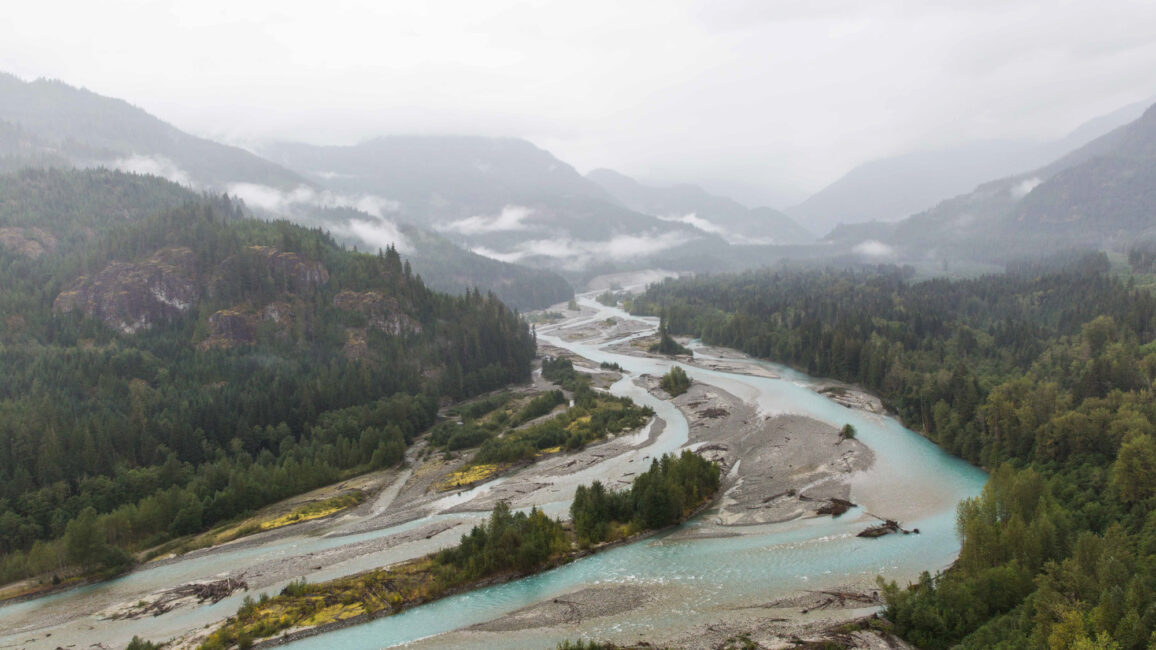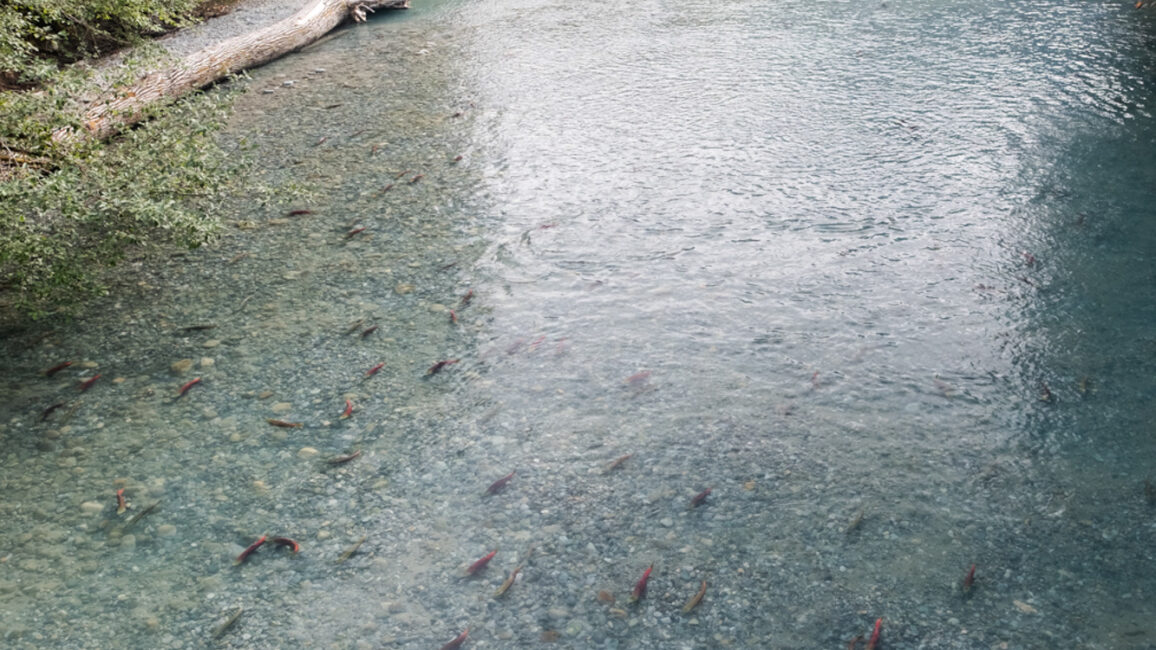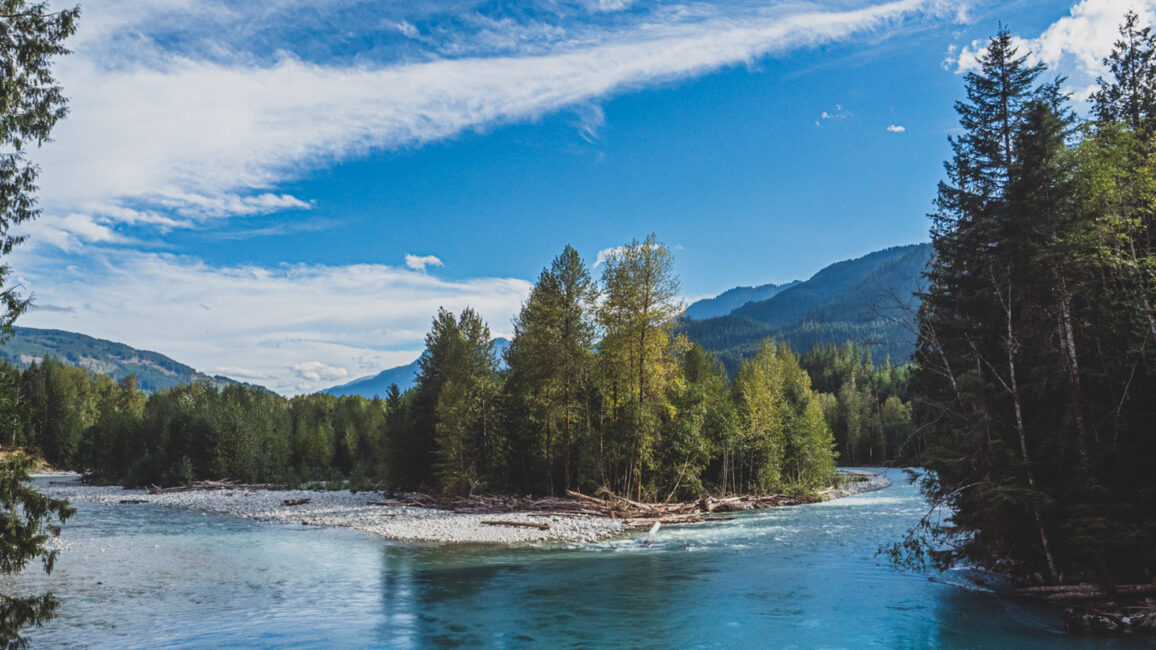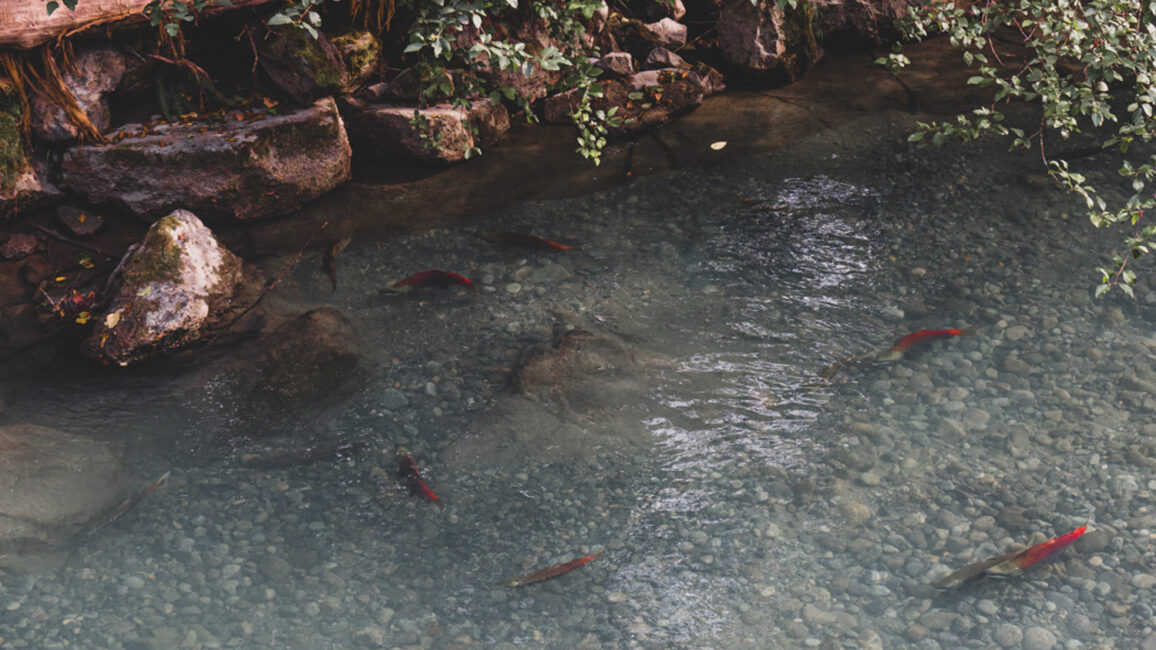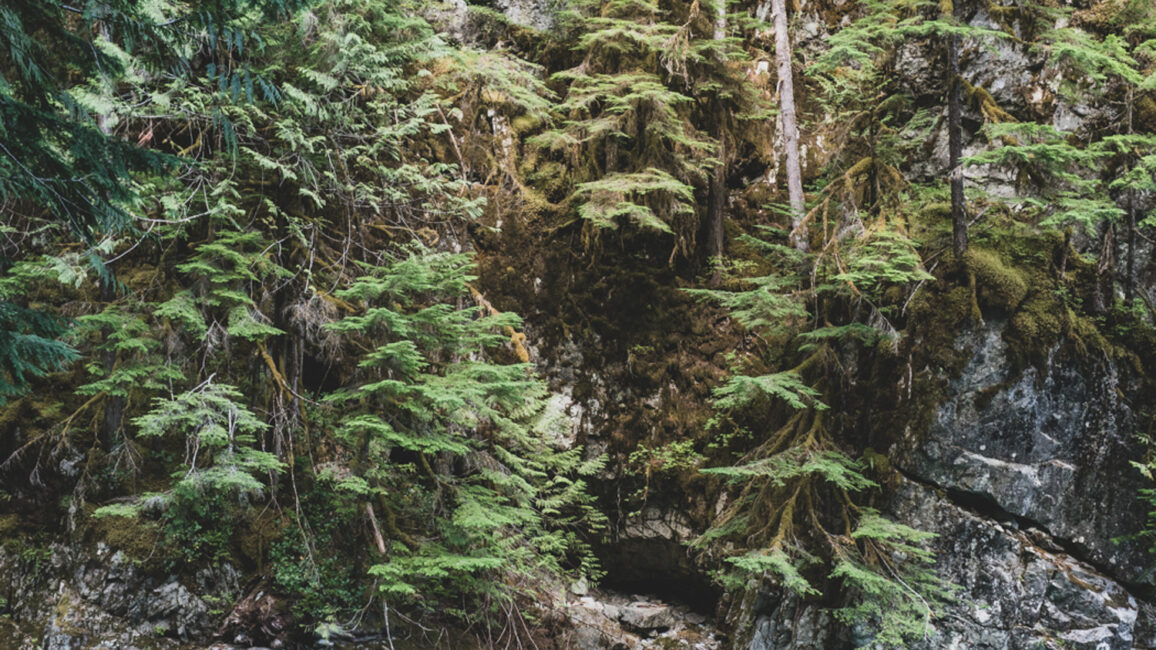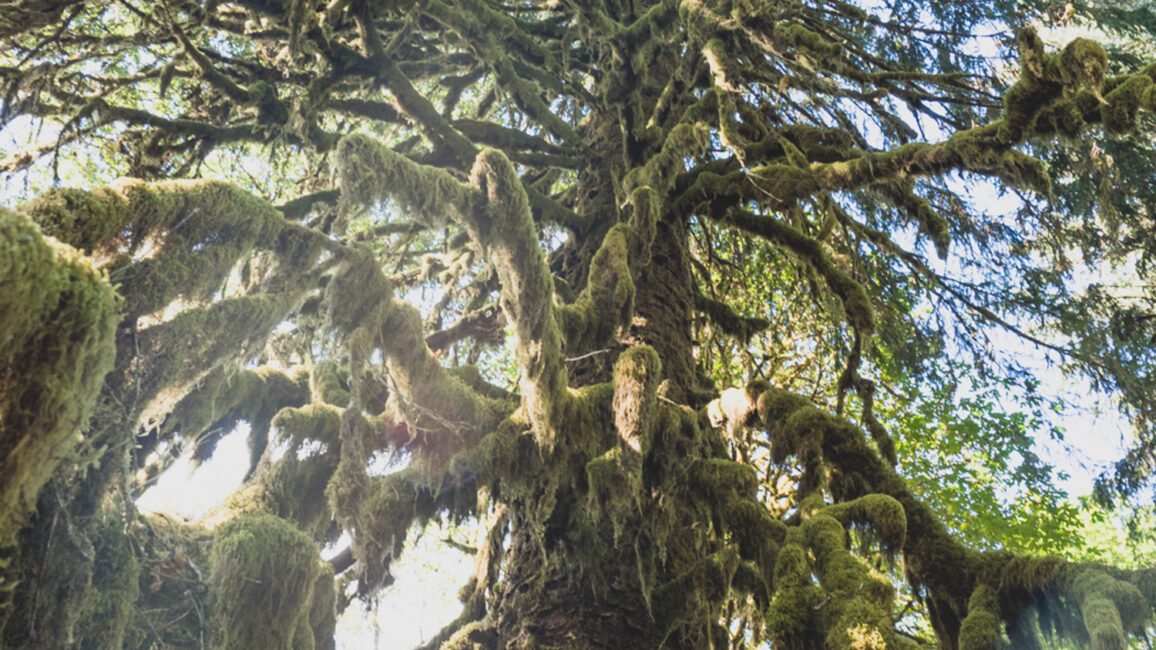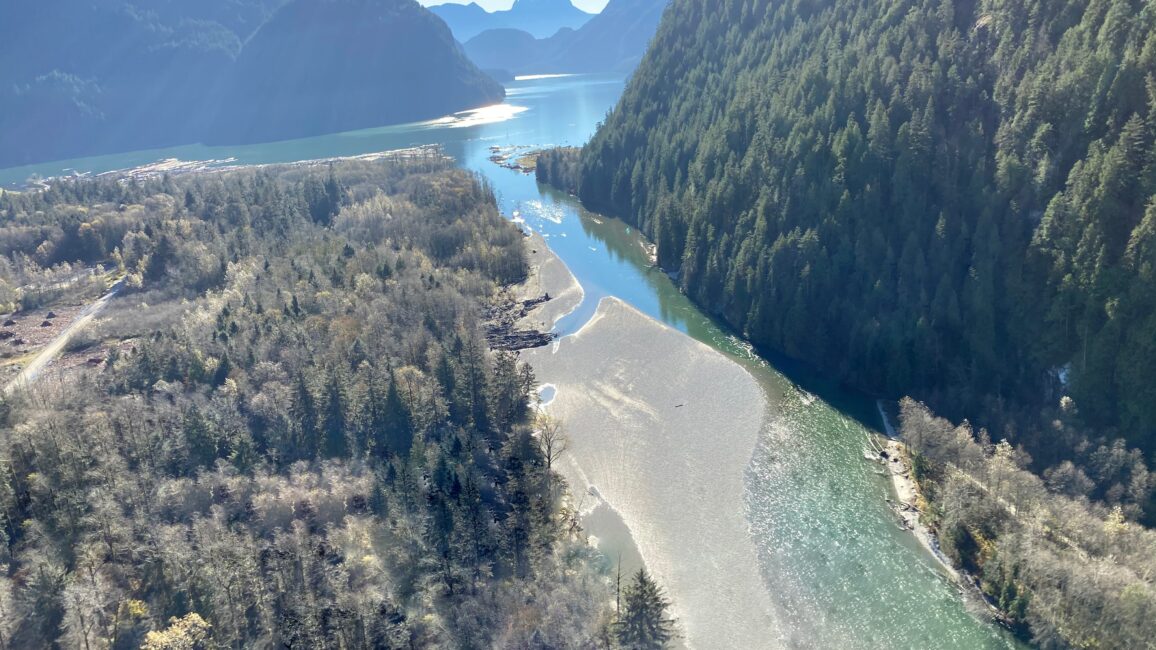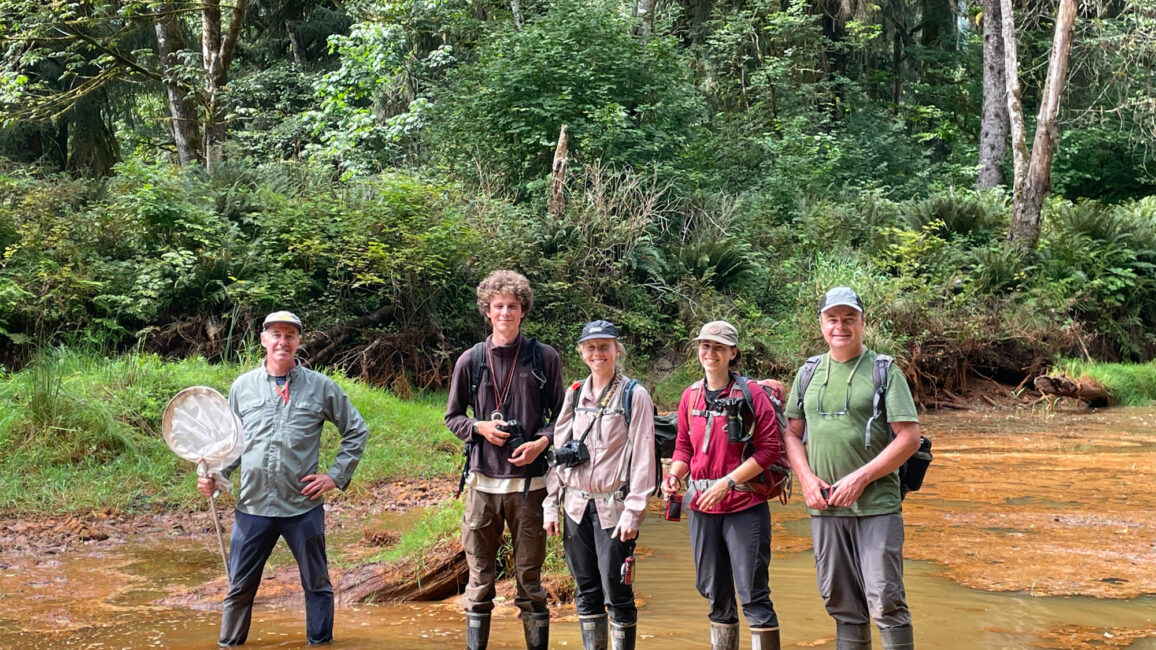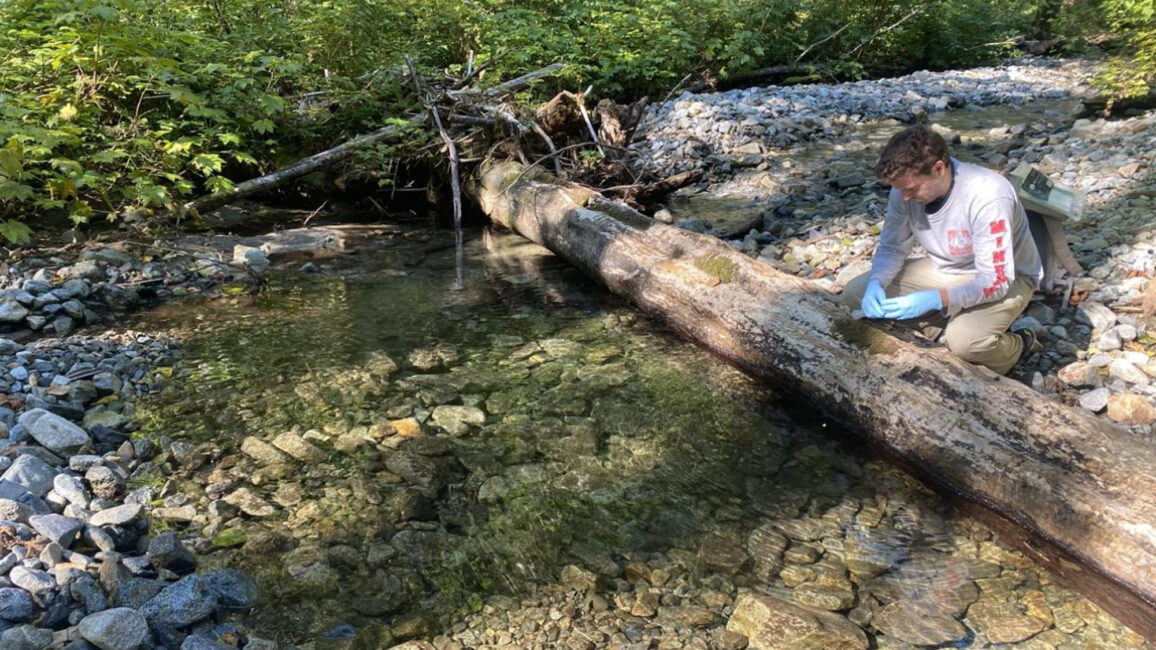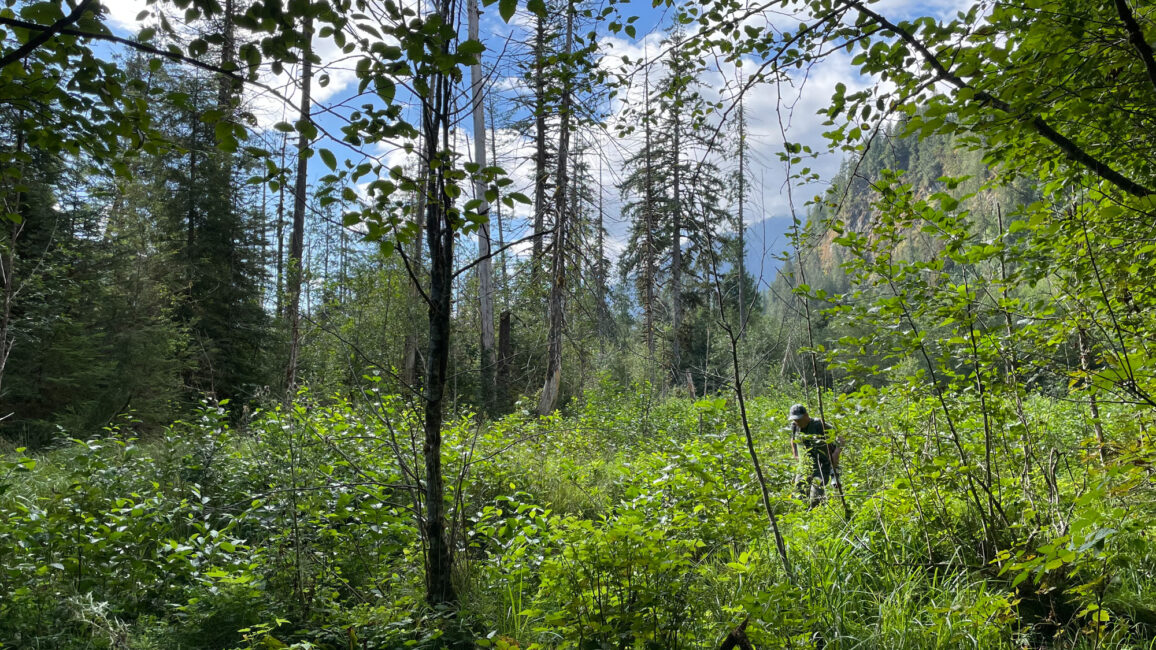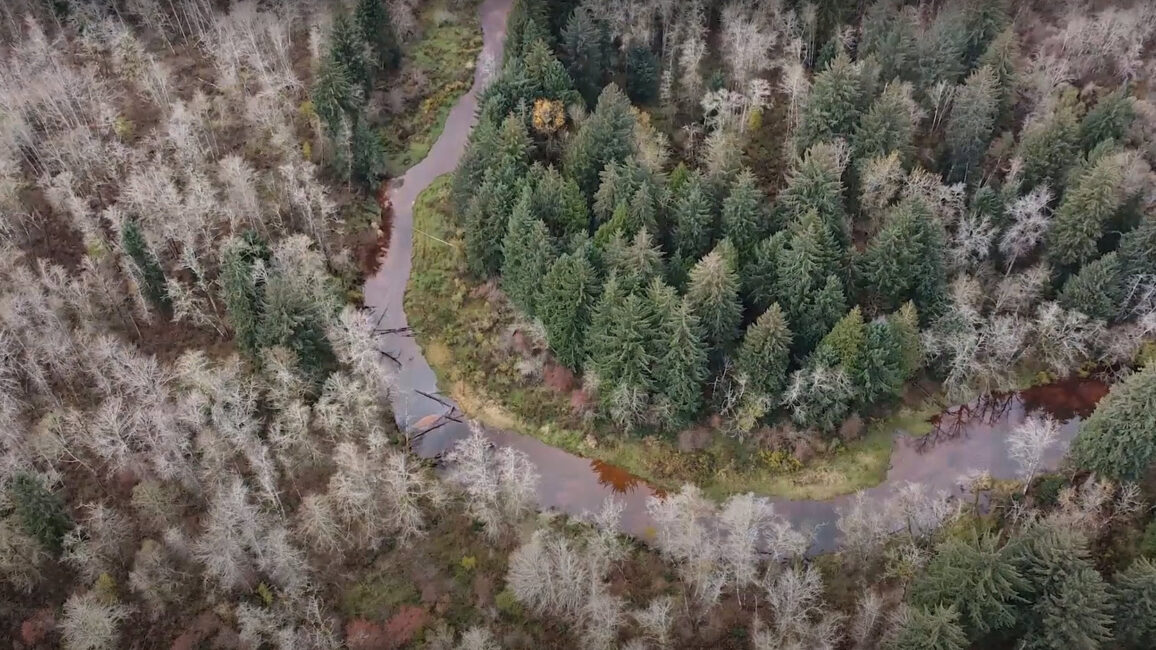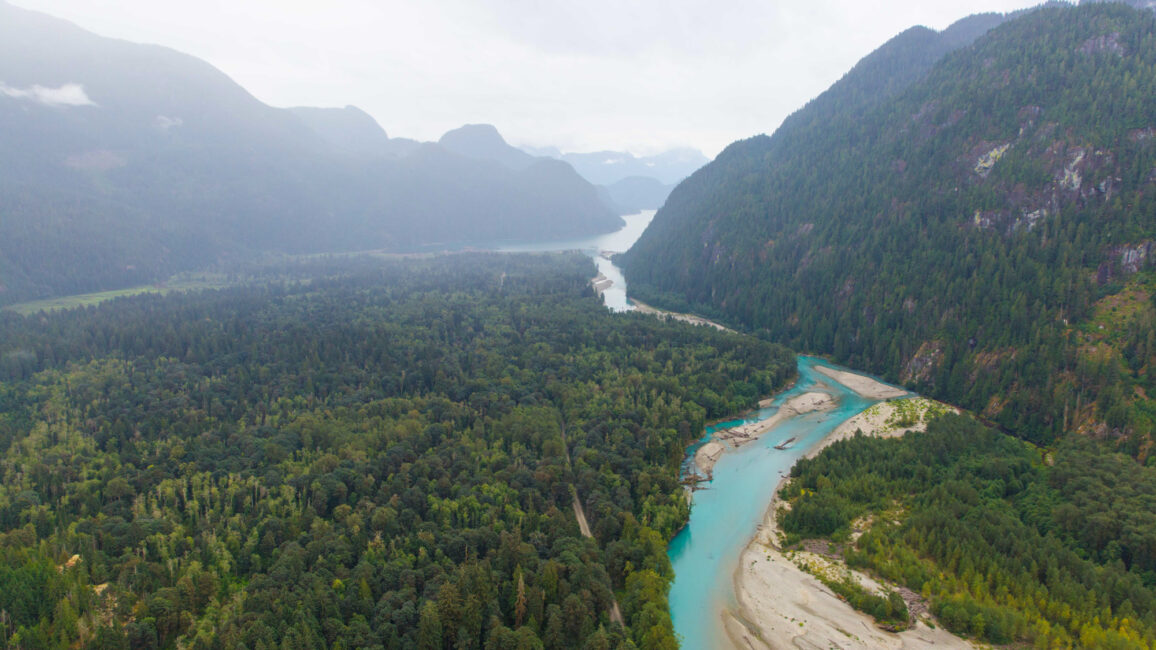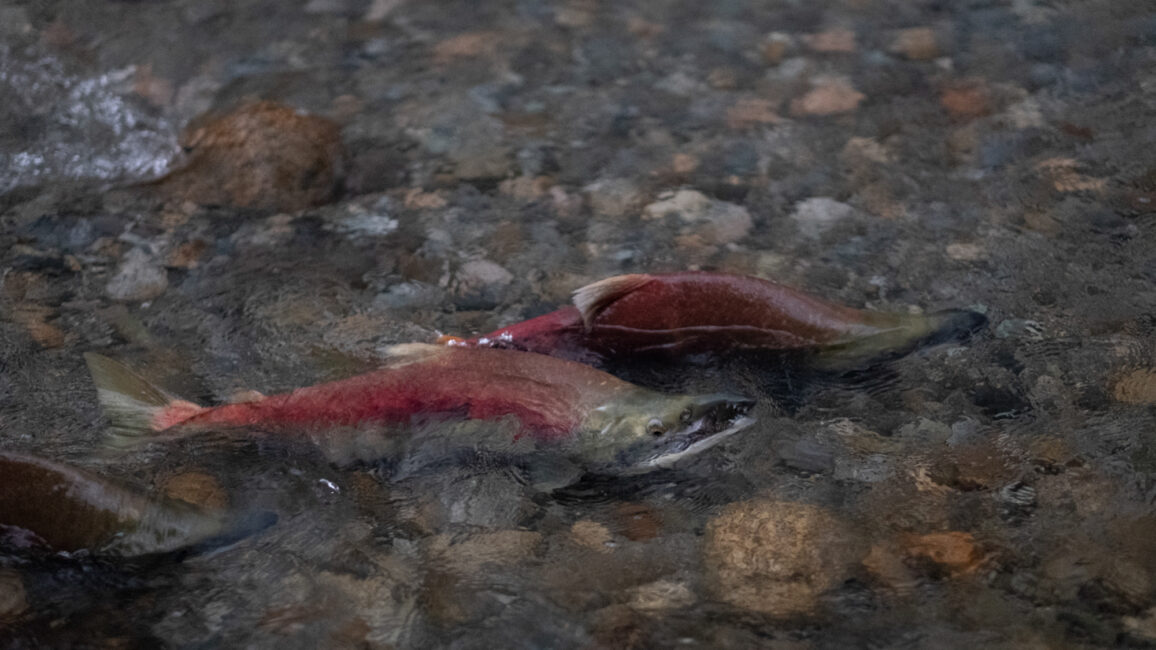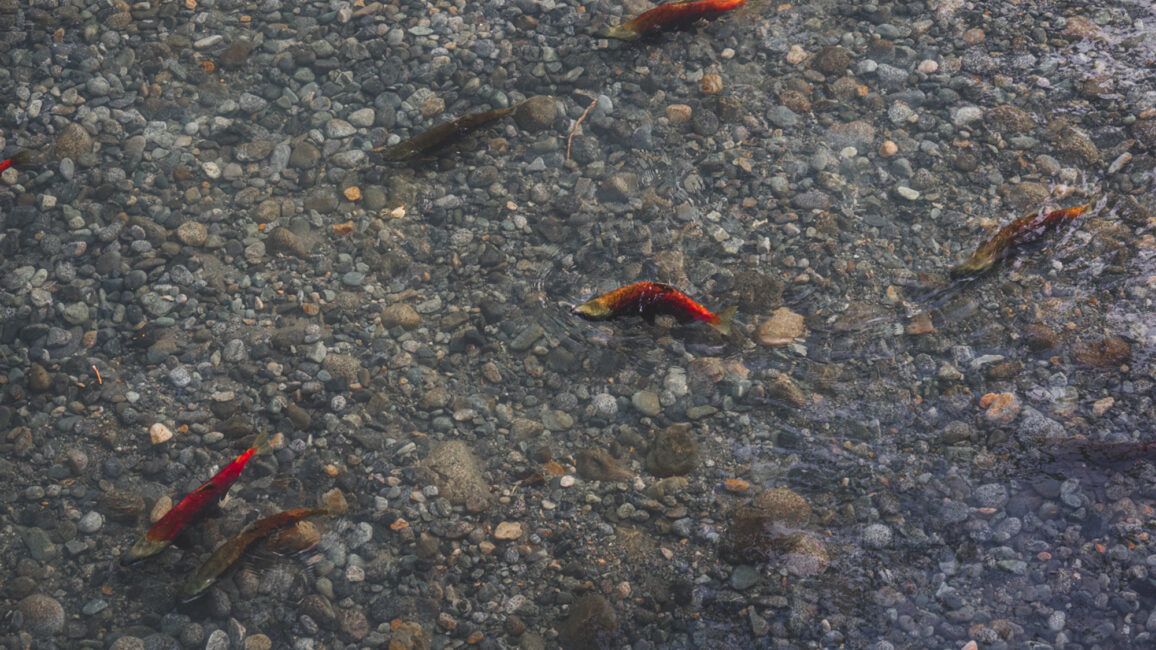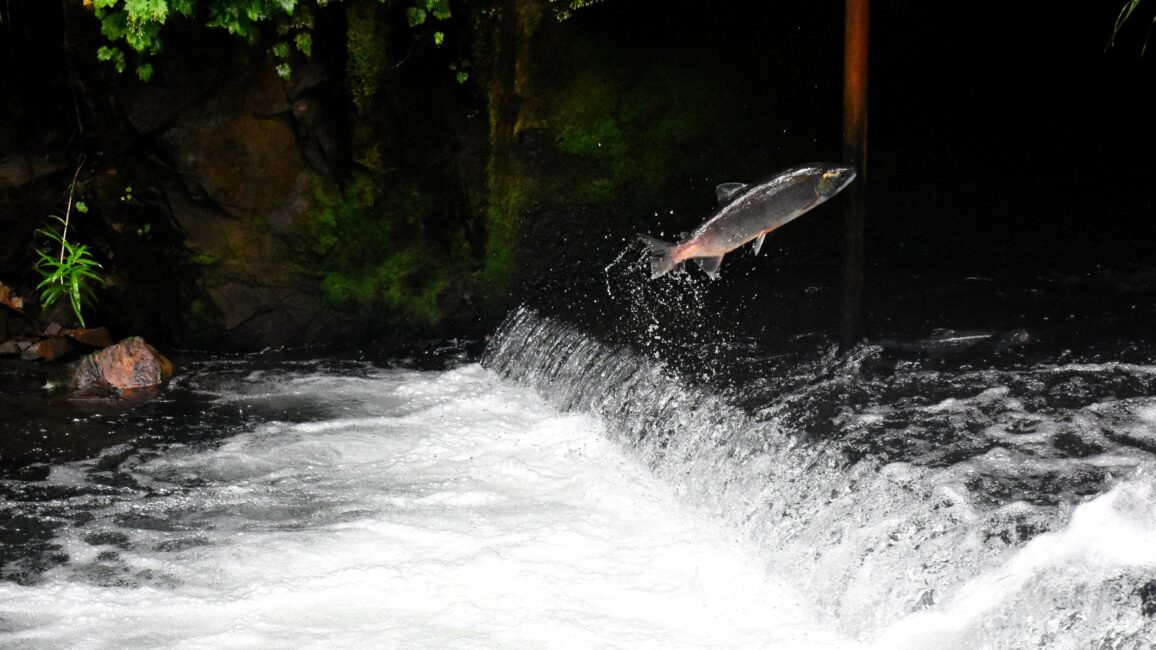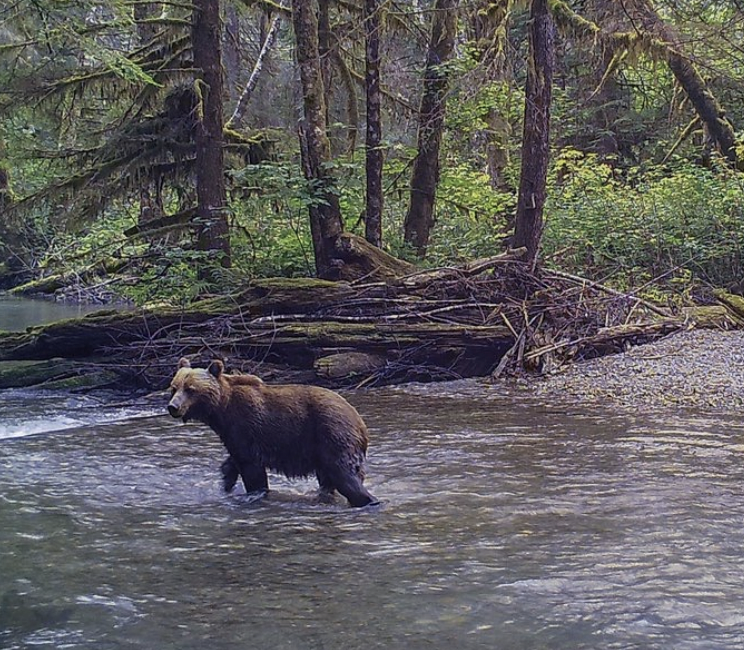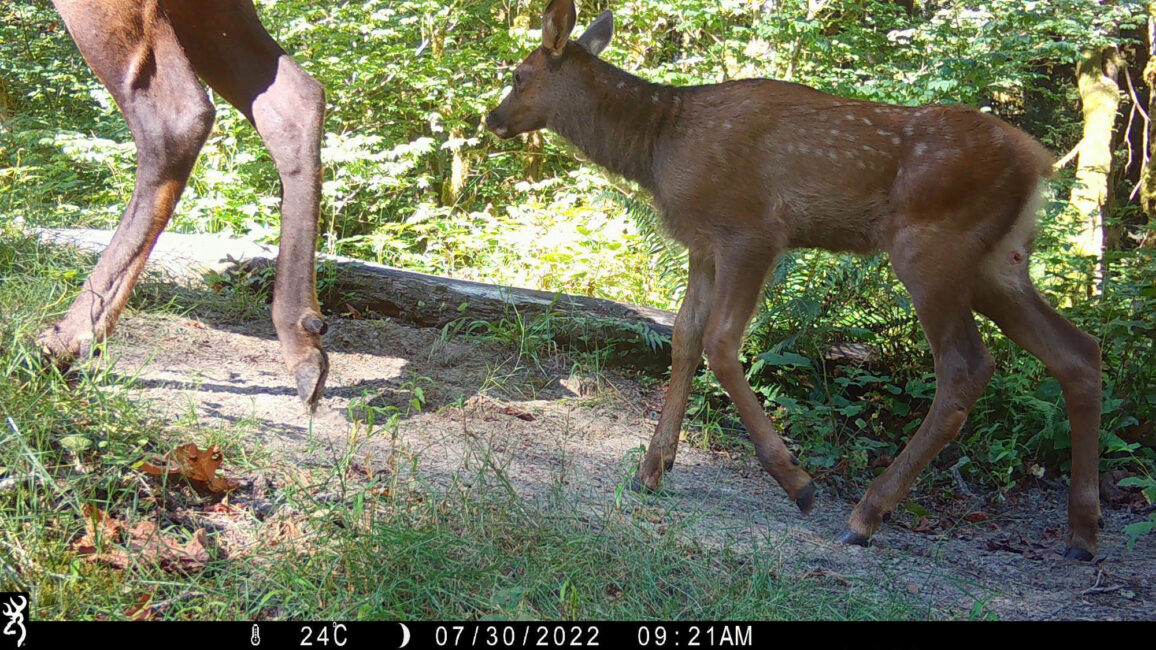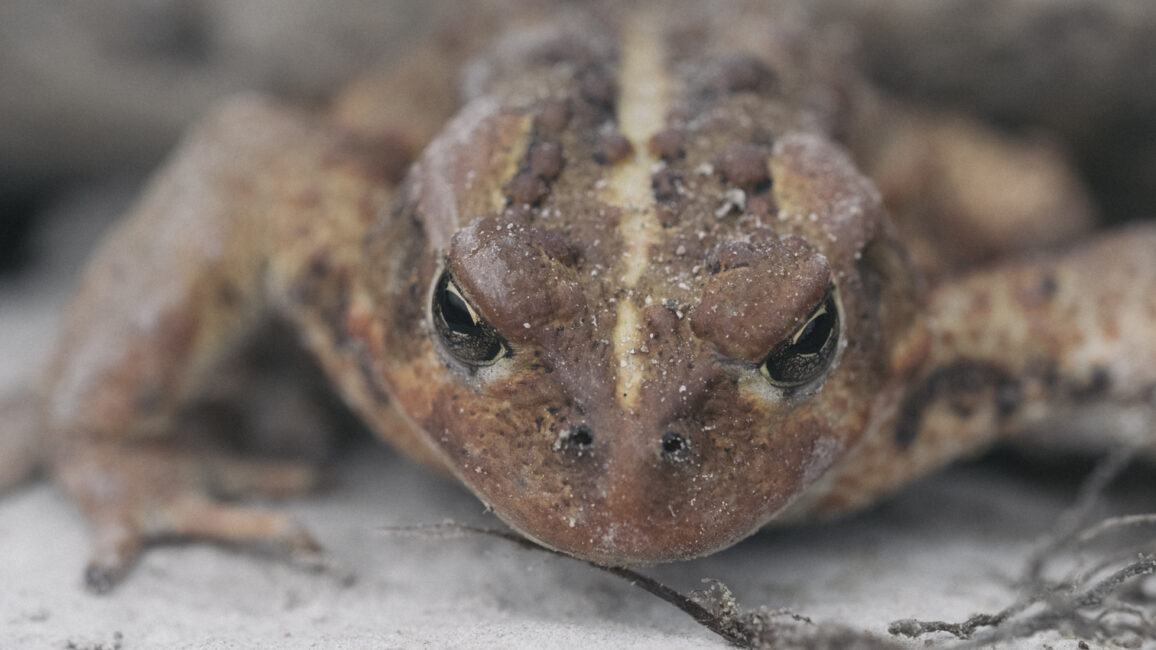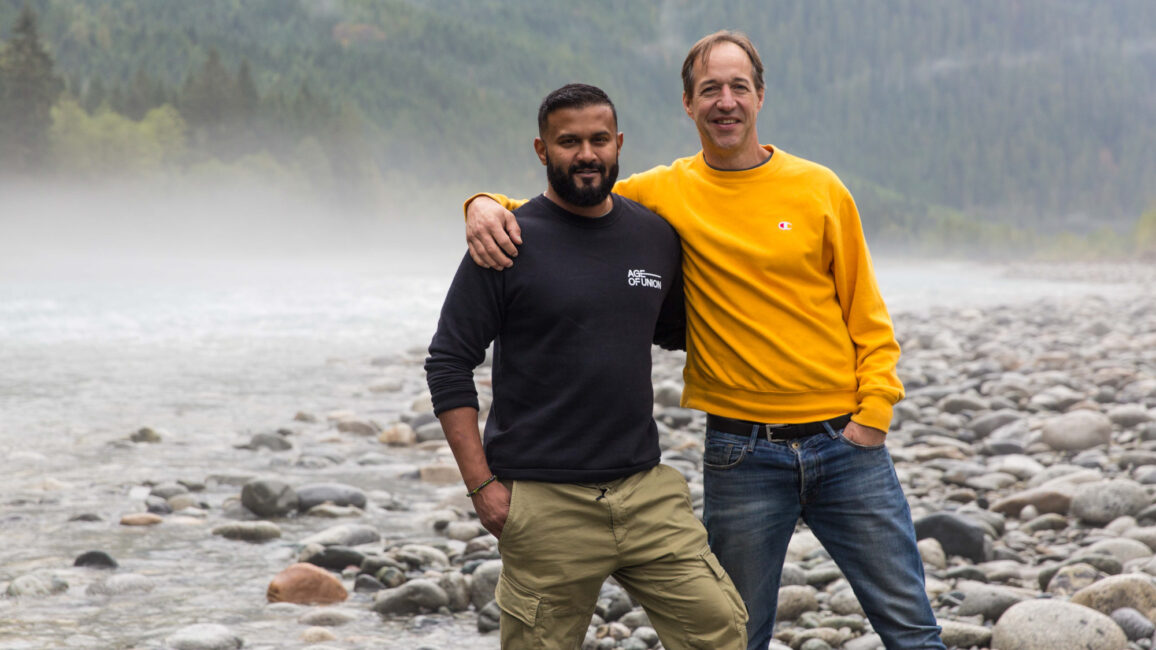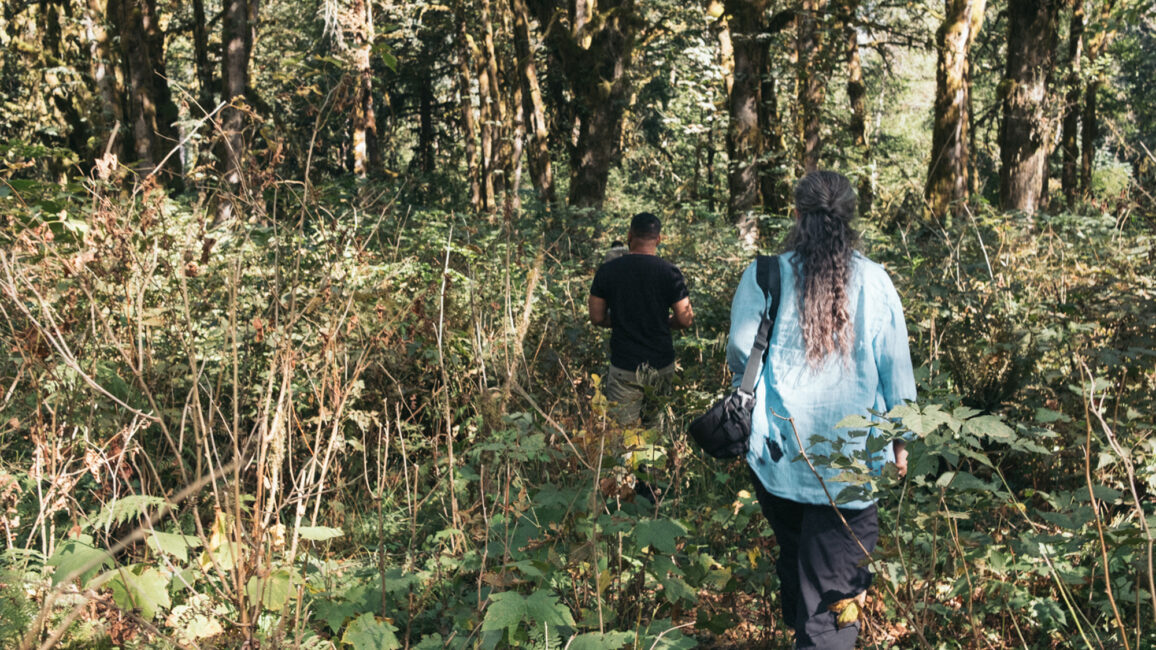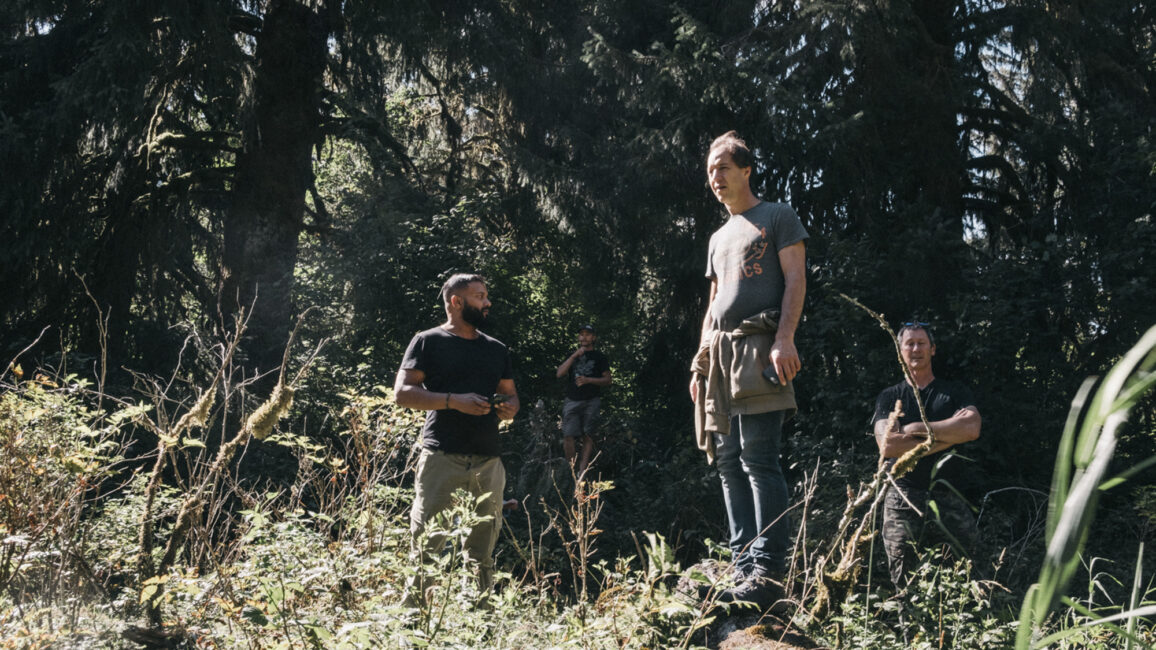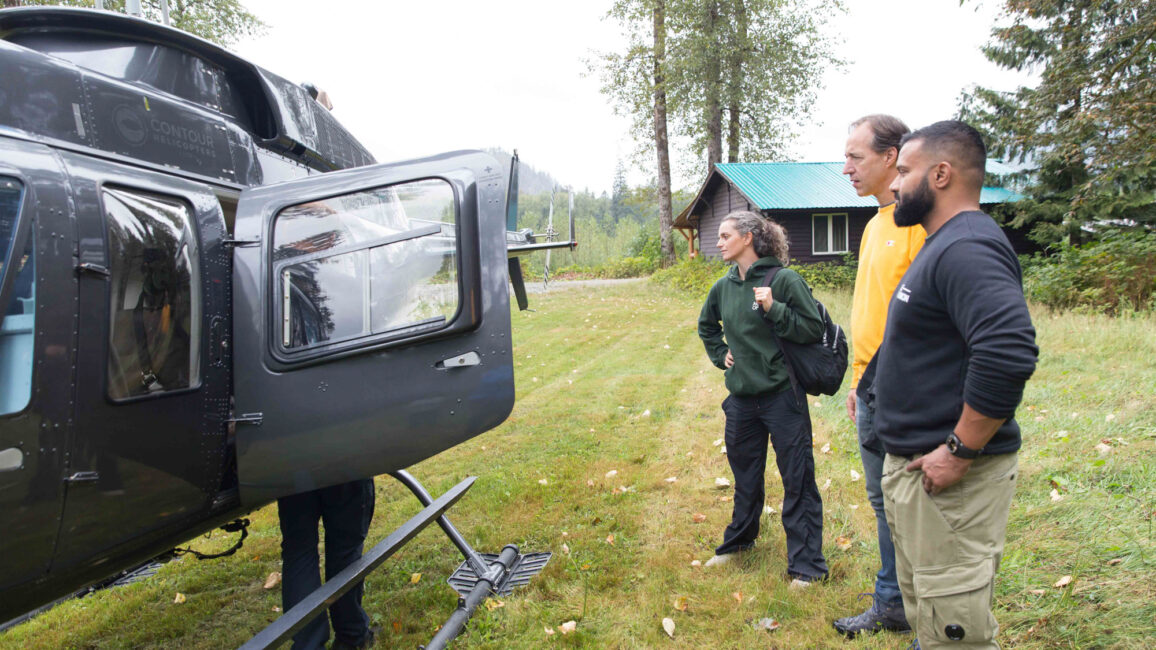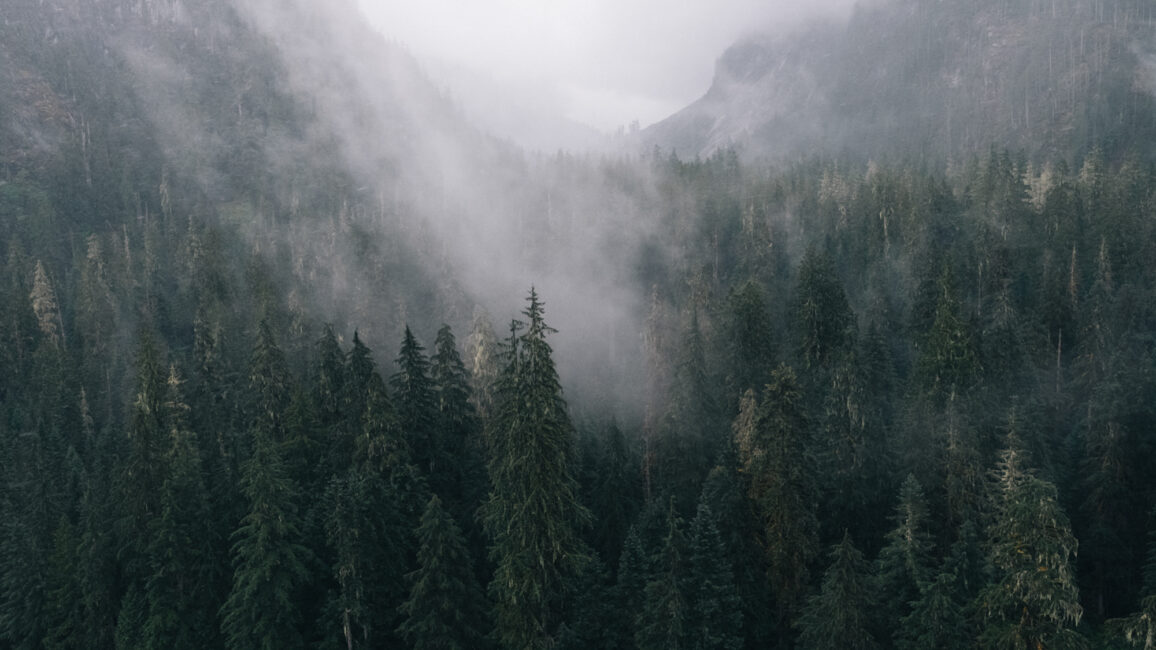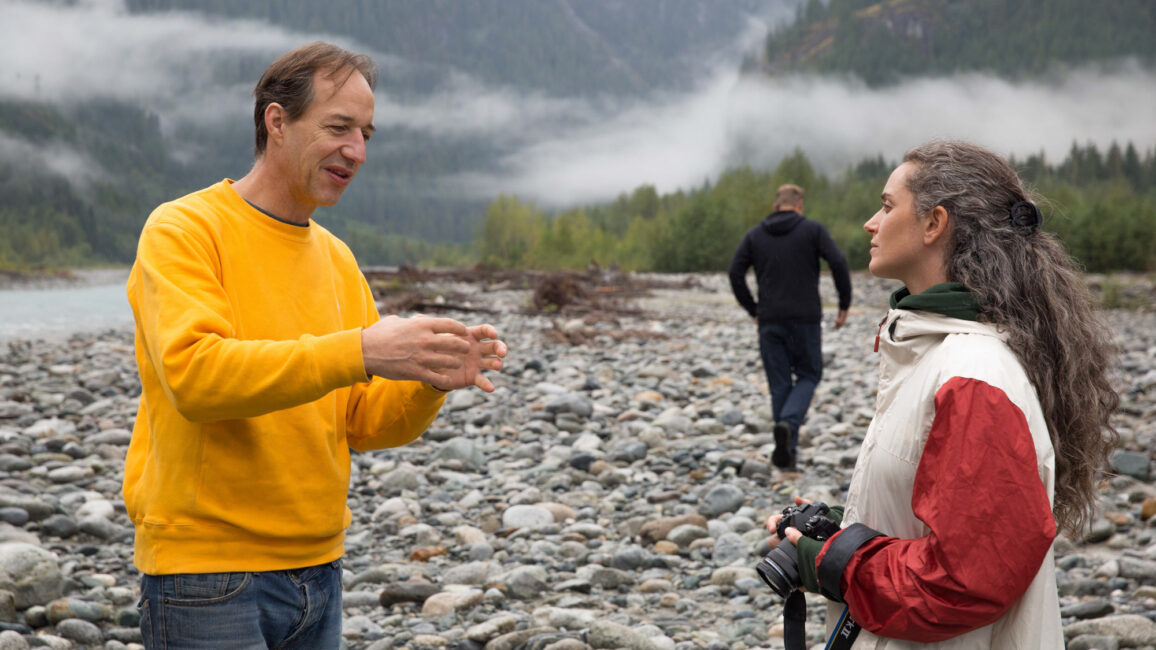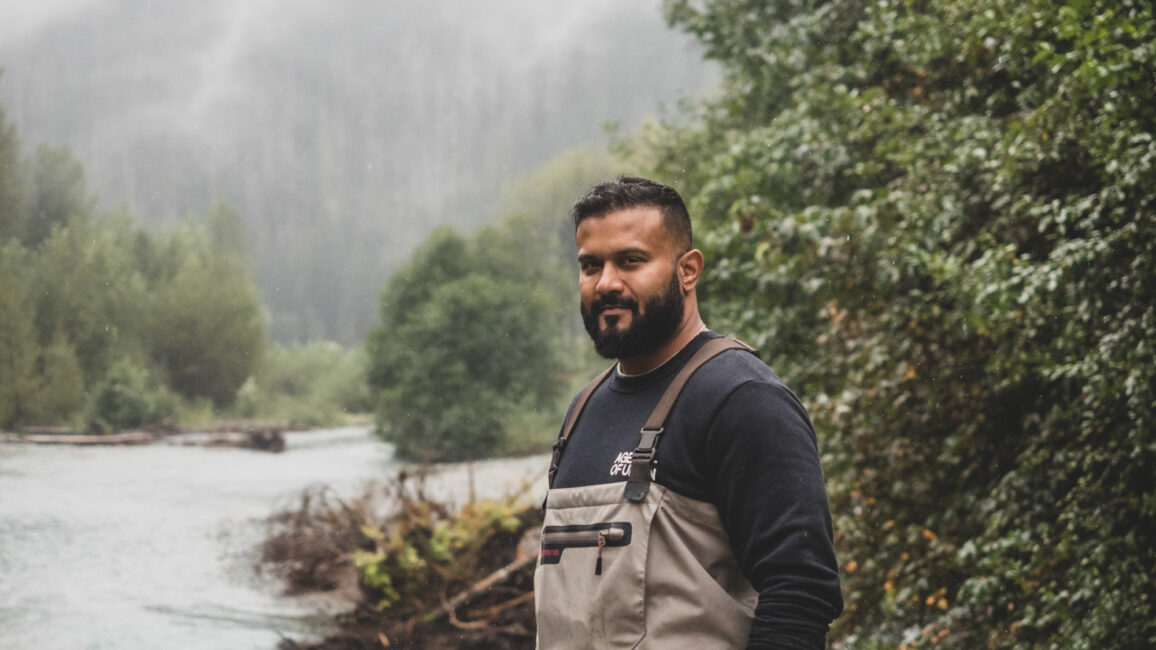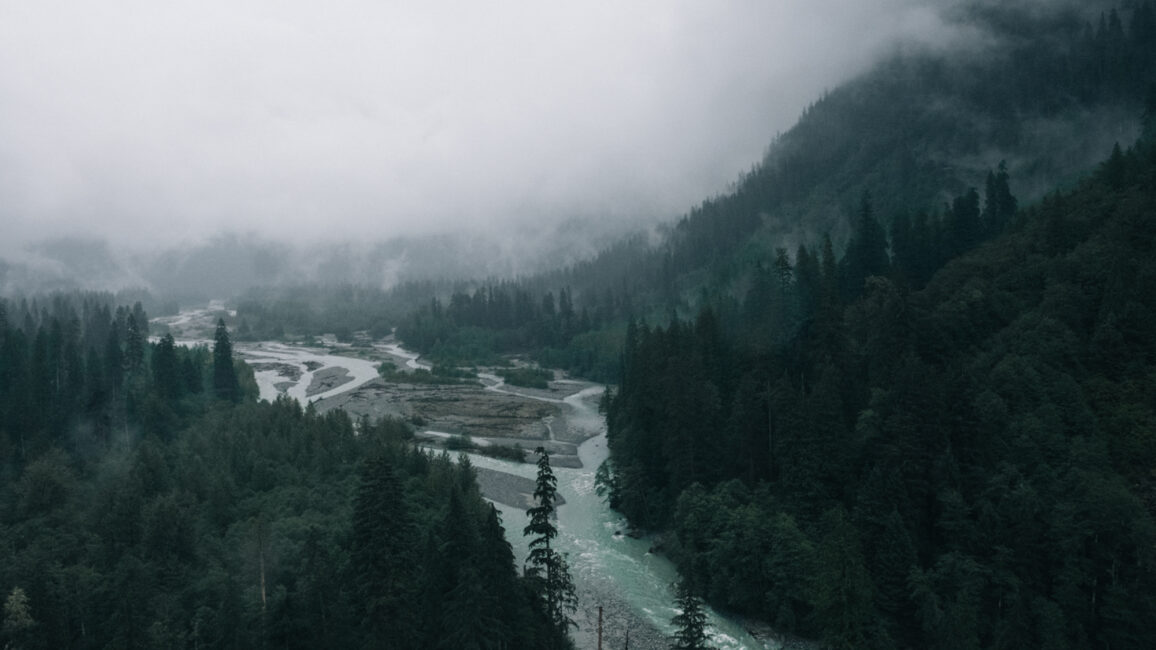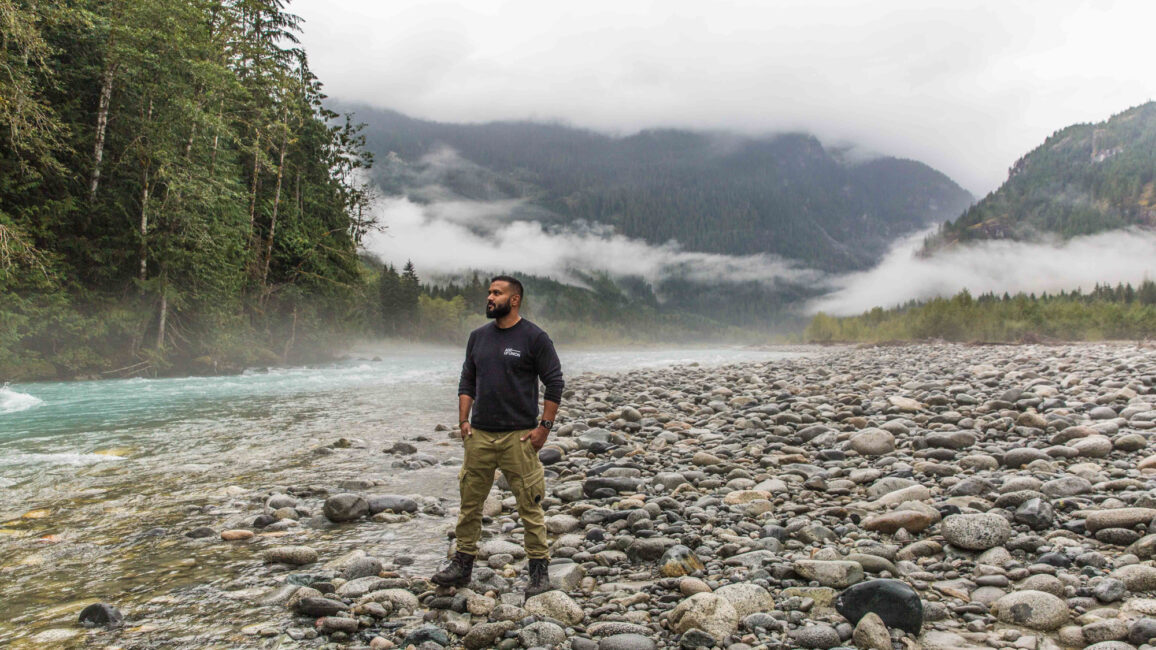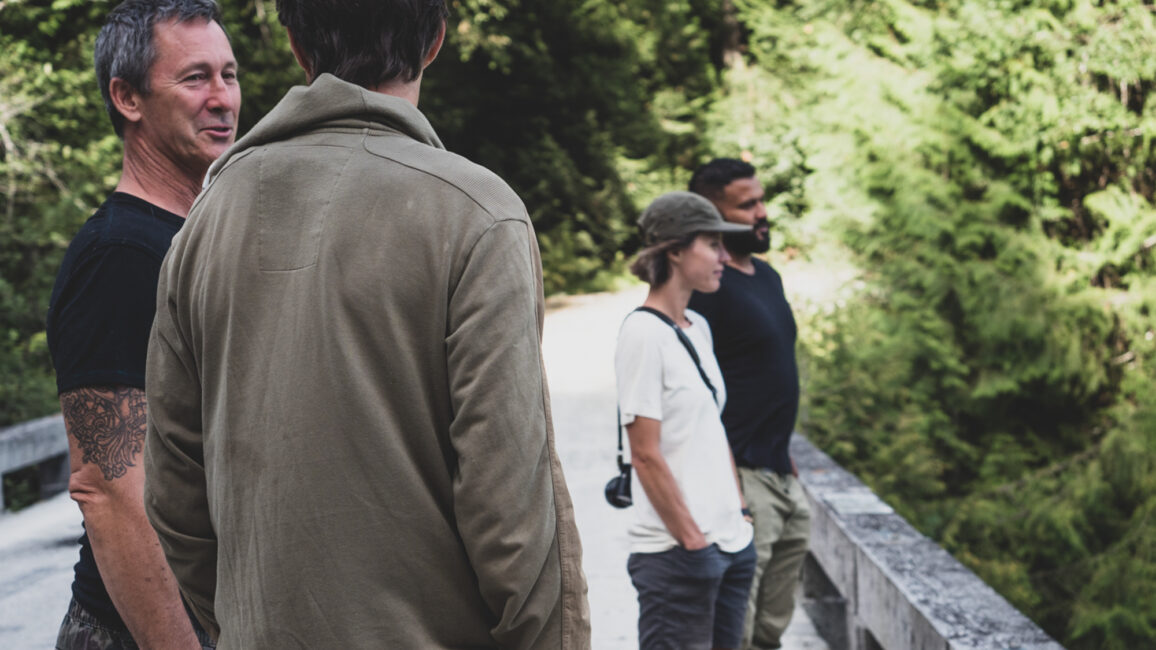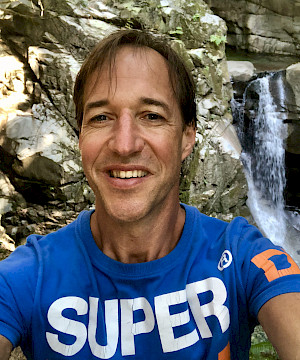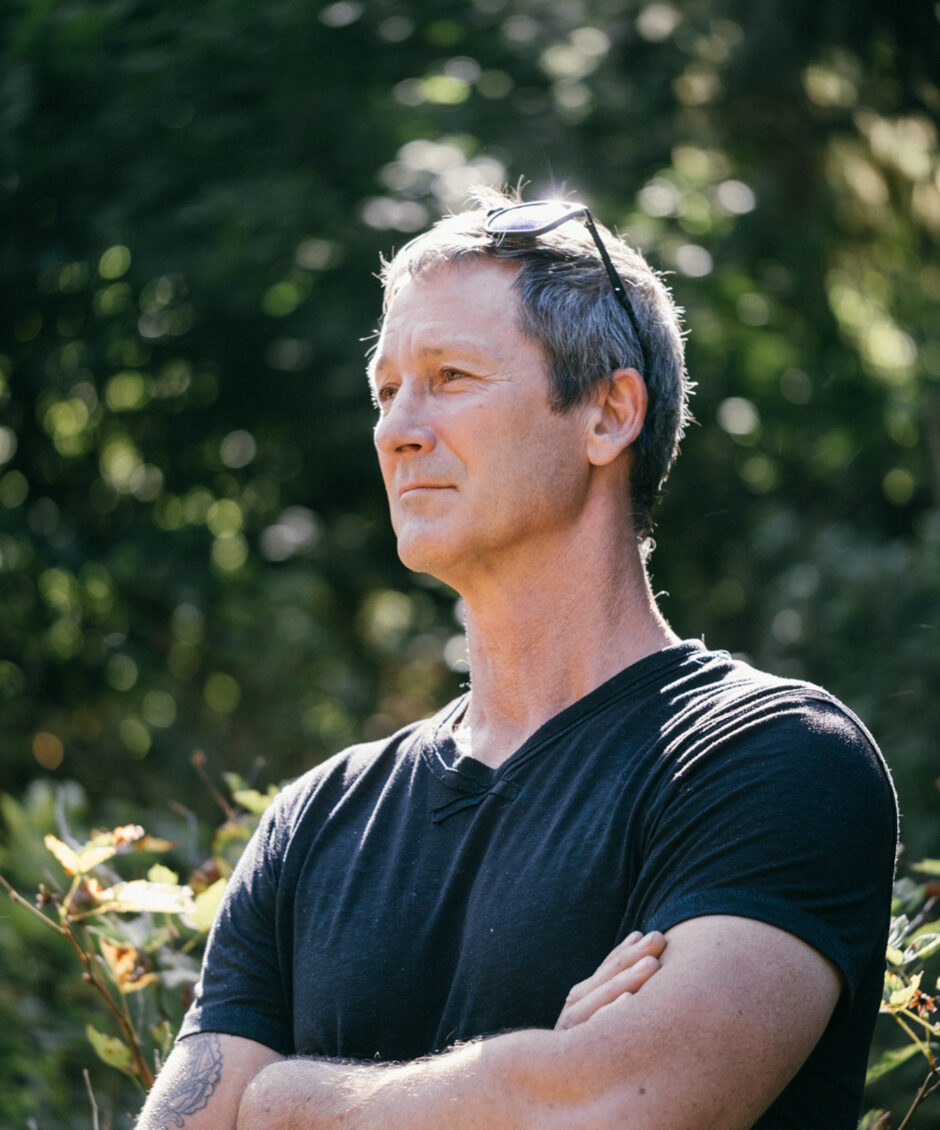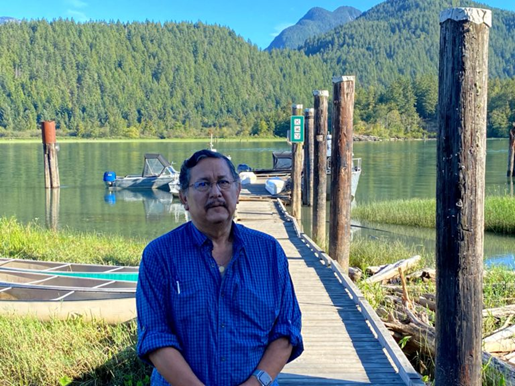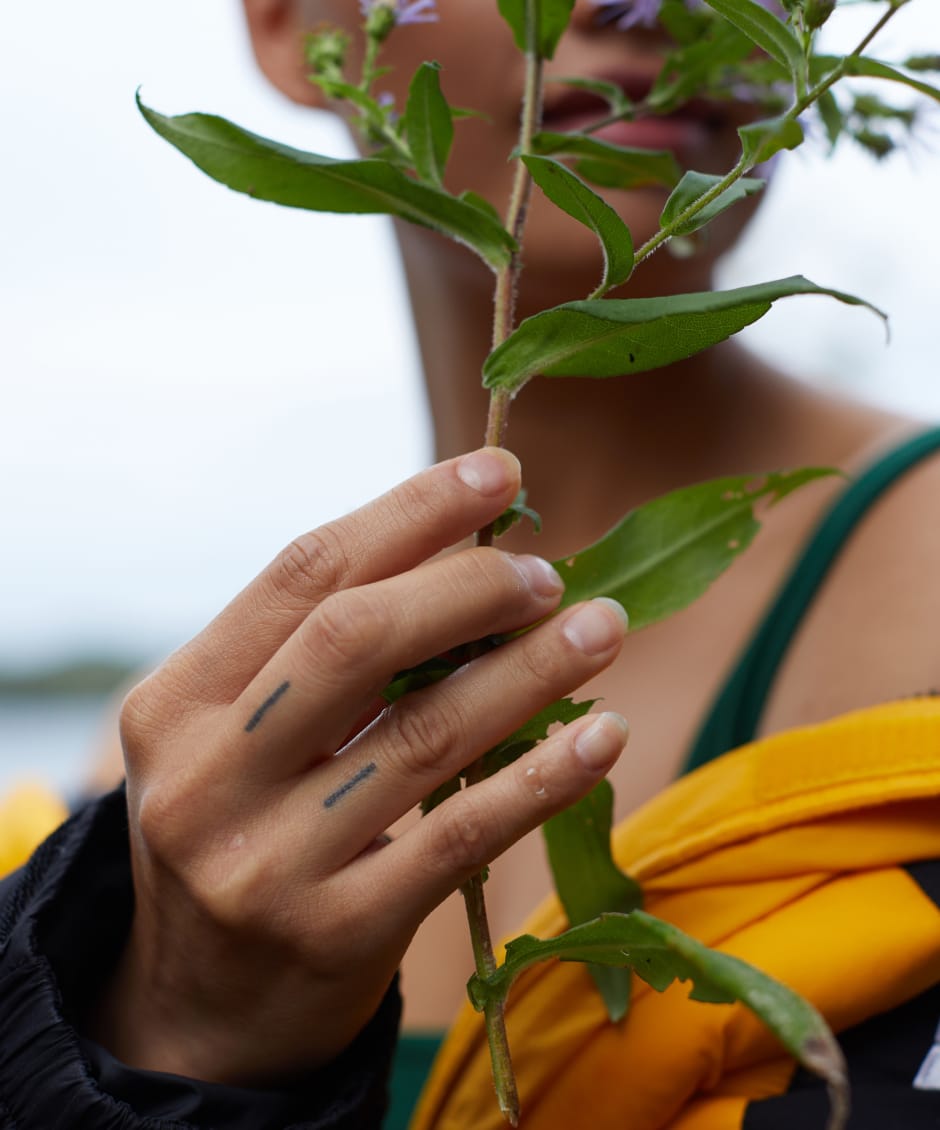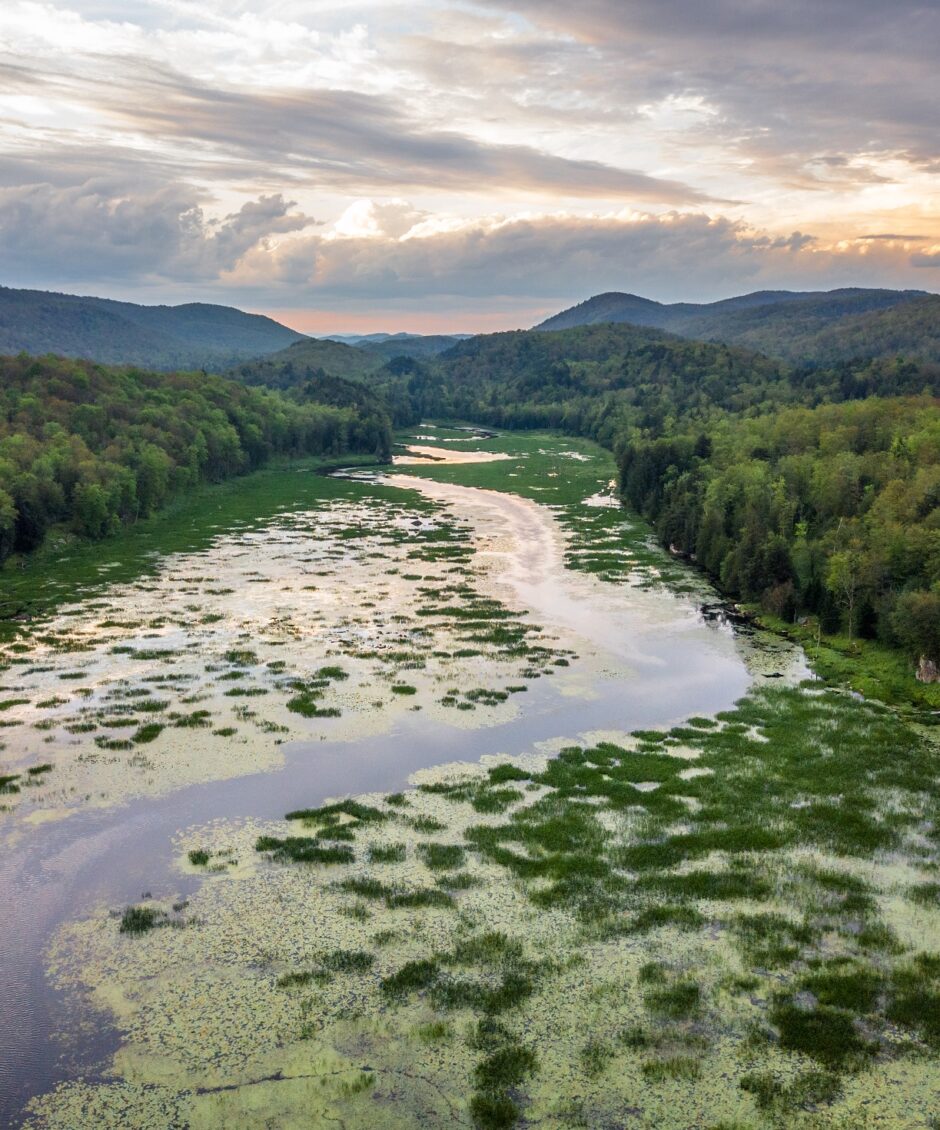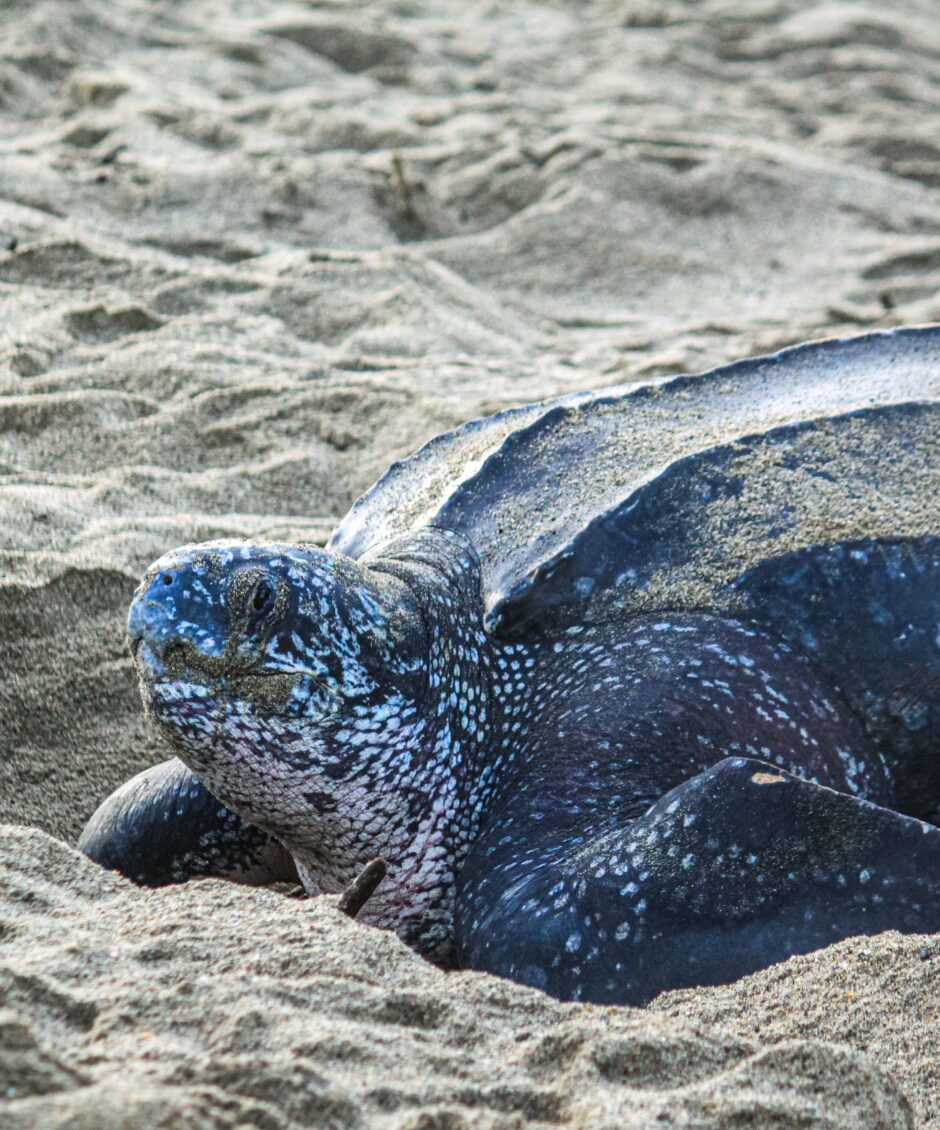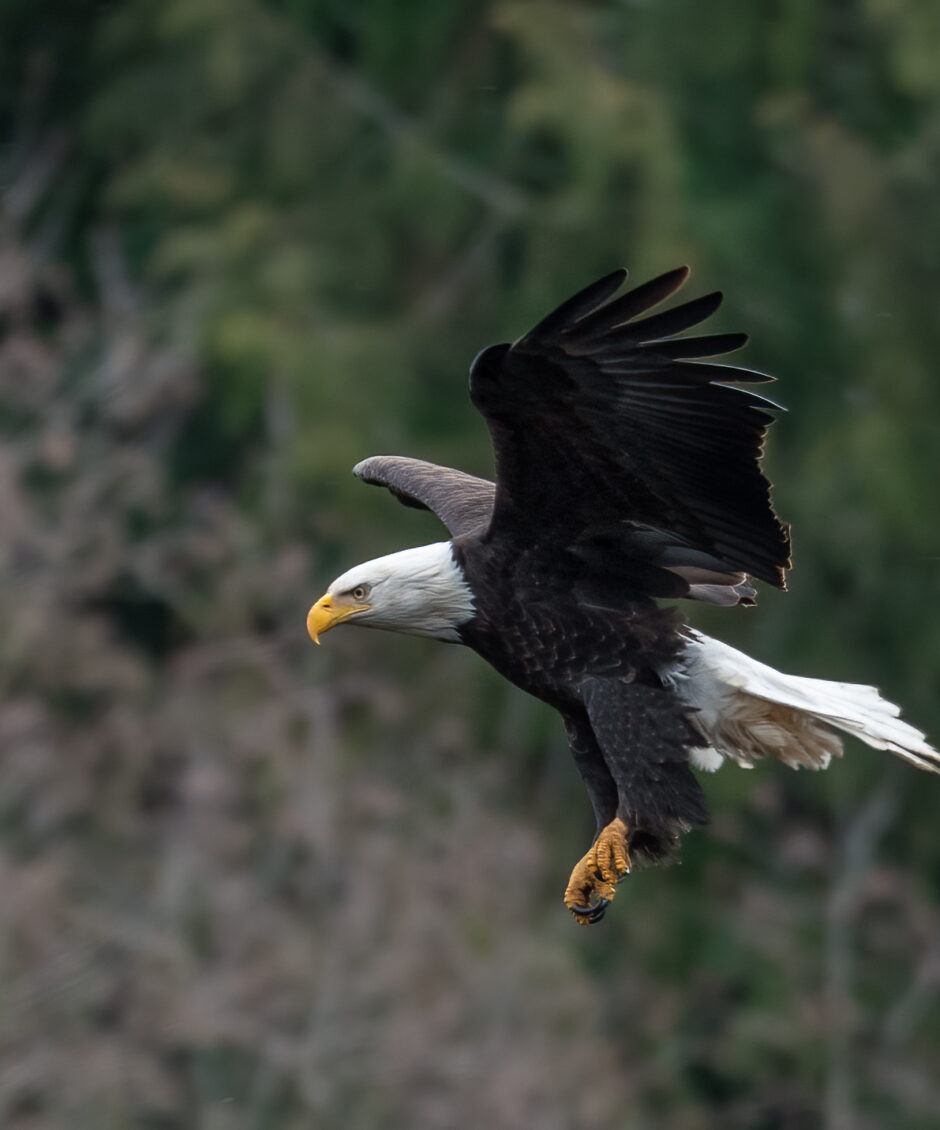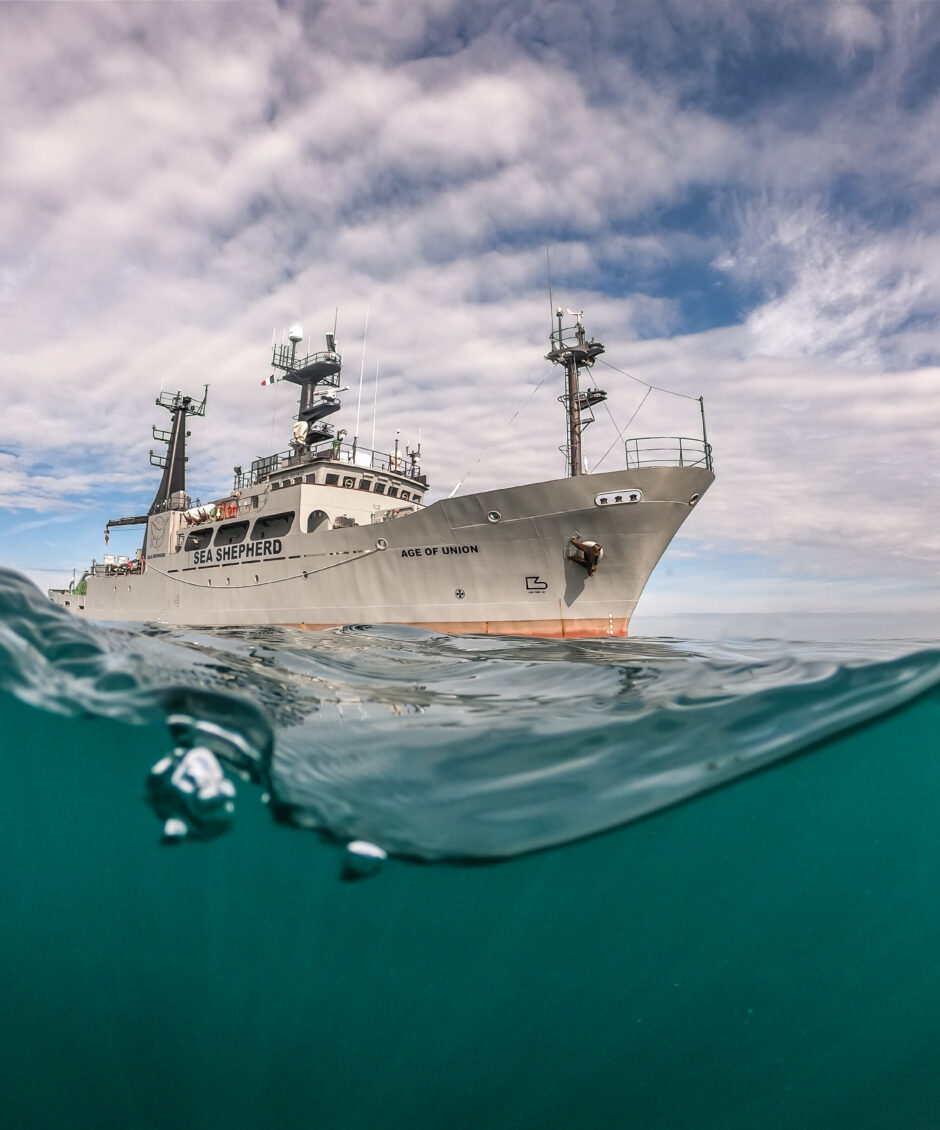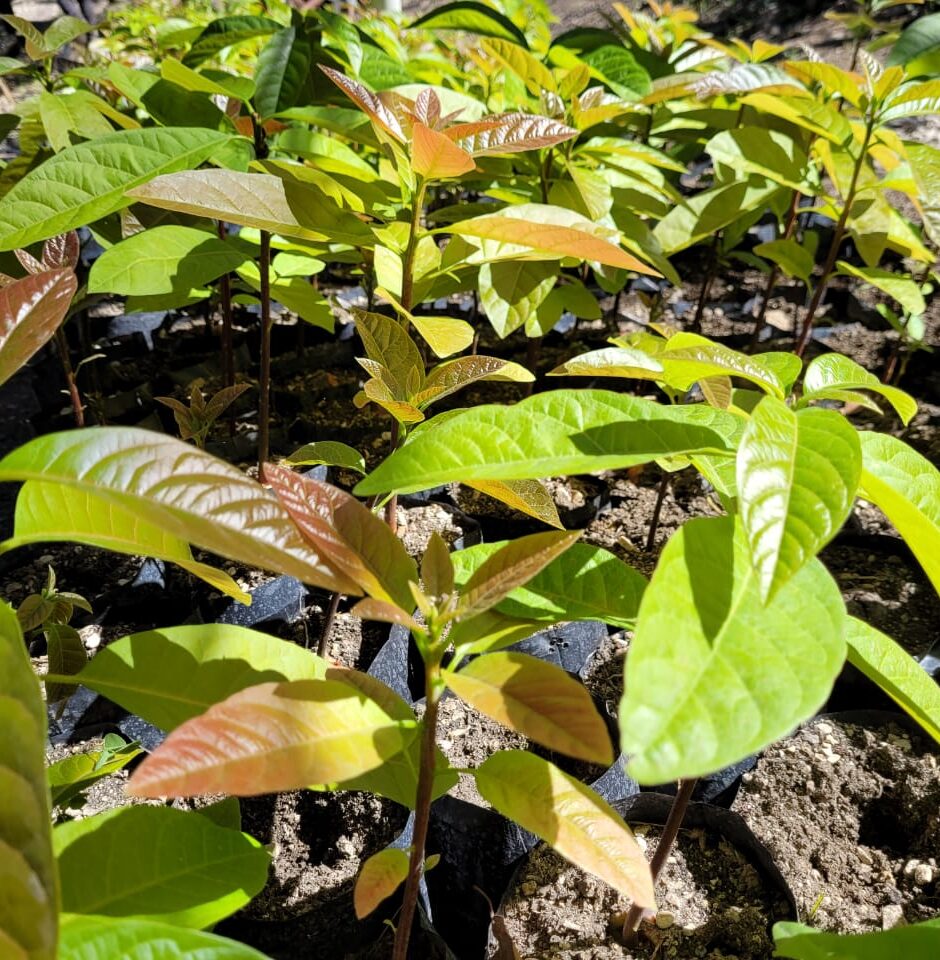Pitt River Watershed
(Canada)
Region North America
Land and habitat protection

British Columbia (B.C.) is home to the richest diversity of plants and animals in Canada. It is the country's most biologically diverse province, with 14 ecological zones and a wide range of ecosystems, including coastal rain forests, dry interior grasslands, alpine tundra, and northern boreal forest.
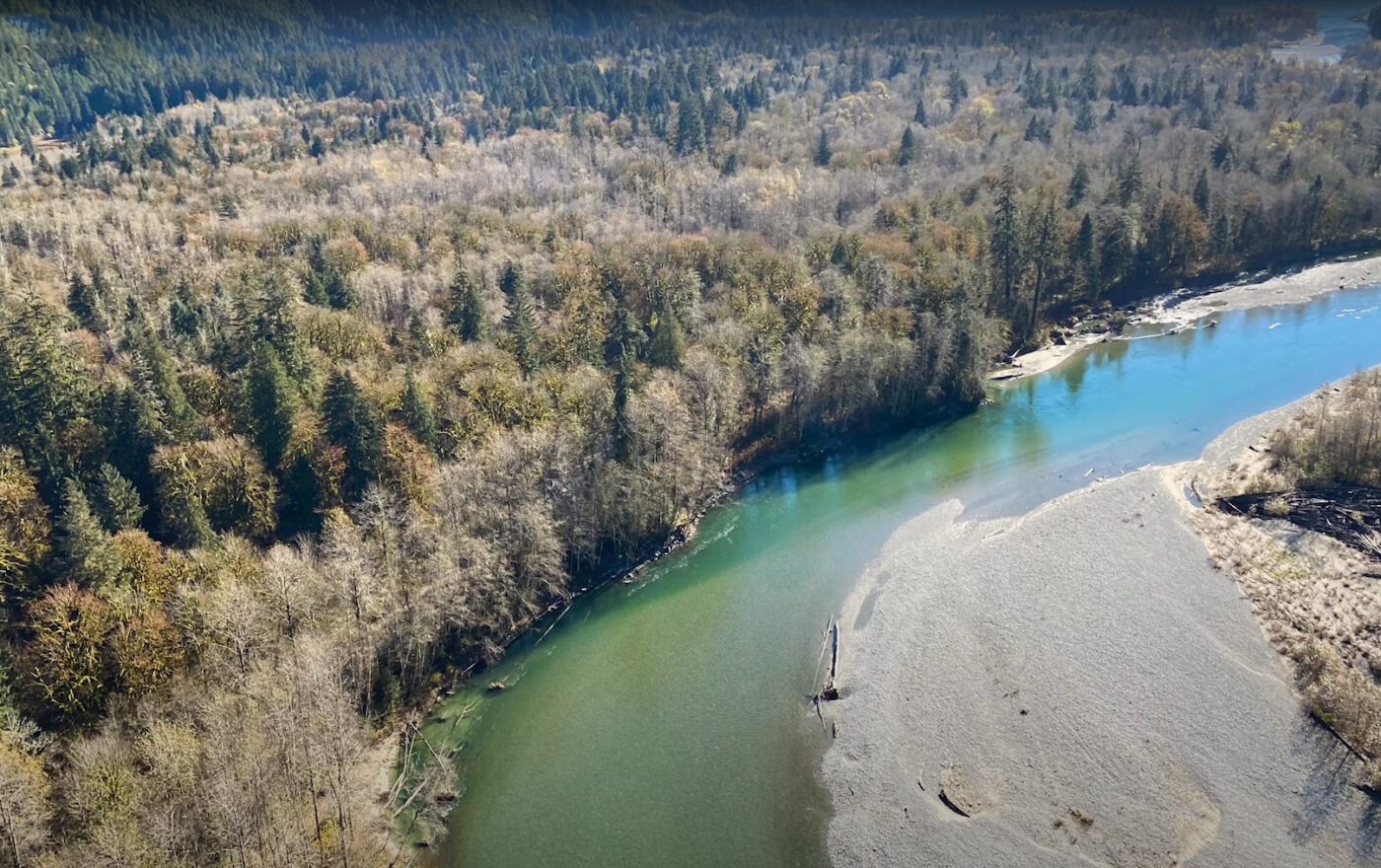
Pitt River Watershed
The Pitt River Watershed boasts stunning natural elements such as waterfalls, hot springs, diverse wildlife, and a thriving population of wild salmon. This glacier-fed river flows into Pitt Lake, a unique environment as one of the few tidal lakes worldwide. The distinct tidal behaviour of Pitt Lake fosters exceptional conditions for fish and wildlife to thrive. However, the region faces significant challenges due to development pressure, leading to the designation of the Upper Pitt as B.C.’s most endangered river in 2000.
The Katzie First Nation Community, known as “q̓ic̓əy̓,” which means “land of the moss” in the Katzie language, rightfully claims this territory and has been its steward for generations. The community is comprised of traditional hənq̓əmínəm̓ speakers, and 614 of its members continue to reside within ancestral lands. Pitt Lake holds a central place in Katzie territory, traditionally referred to as “sq̓ə́yc̓əyaʔɬ x̌acaʔ,”
Mission
- Protect the Pitt River Watershed territory by acquiring the private 733 acres that have been under intense development pressure.
- Conduct biodiversity surveys, land monitoring, and other data collection to understand the full scope of biodiversity. Use these findings to create better protection strategies for the land.
- Facilitate access for local Indigenous communities to this previously privately held land so they can engage in traditional activities.
- Undertake restoration projects that are key to the health of the area. This will involve significant partnerships with the Katzie First Nation and stakeholders in the area.
“These are not just places. Our stories are embedded in these places and we couldn’t survive without them. They contain all our wisdom for living.” – Haisla elder Cecil Paul
Timeline
Age of Union made a CA $14.5 million donation to BC Parks Foundation, which will be allocated over the coming years to safeguard various ecosystems.
The initial project under this partnership has focused on the Pitt River region, encompassing both land acquisition and restoration initiatives.
- In December 2021, 733 acres of land were acquired.
- Throughout 2022, the scientific research team conducted ongoing land monitoring activities.
- In September 2022, the Age of Union team paid a visit to assess the project’s progress.
- In June 2023, The Red Slough Restoration Project commenced in collaboration with the Katzie First Nation, LFFA (Lower Fraser Fishery Alliance), and WWF (World Wildlife Fund).
Iconic Species
Salmon holds iconic status in the region, playing a crucial role in the ecosystem and in First Nations spirituality. Populations of these fish are highly affected by climate change and dam development, posing significant challenges. If salmon were to disappear, it would lead to irreversible changes throughout the ecosystem, affecting even plant life.
For thousands of years, the species has been the primary food source for Indigenous communities, earning deep respect for its cultural and spiritual significance. In often symbolizes abundance, fertility, prosperity, and renewal, embodying these values at its core.
iNaturalist Pitt River
Project Visit
We highly value firsthand knowledge and direct contact with our partners. That’s why we take the time to meet our projects in person and witness their initiatives.
In September 2022, we visited the Pitt River Watershed and were struck by the stunning wilderness and serene atmosphere in these iconic northern forests. Seeing bald eagles, sockeye salmon, and brown bears up close in their natural habitat reinforced our belief that we are a part of nature, and it should never be altered or adapted for human convenience. Such encounters are always powerful reminders of our commitment to wild ecosystems and the species that call them home on our planet.
People ()
The
change
makers
Andrew Day
CEO of BC Parks Foundation
Canada
Andy is the CEO of the BC Parks Foundation. He holds a Ph.D in Resource and Environmental Management. Most of his career has been about making the elusive 'ecosystem approach' real through hands-on projects involving governments, businesses, communities and researchers. In the last few years he has focused on mobilizing and empowering people so that ideas, projects and tools can scale up and have a larger impact.
Daniel Gerak
Changemaker
Canada
Daniel Gerak is the owner of the only lodge in the Pitt River Valley. For the past 20 years, he has been fighting to protect the watershed, denouncing any activities in the area that threaten the ecosystem.
Rick Bailey
Elected Councillor, Katzie First Nation
Canada
Rick Bailey is an Elected Councillor for the Katzie First Nation located in what is now known as the City of Pitt Meadows in British Columbia, Canada. As a professional fisherman, Rick has spent decades fighting to protect the rivers, lakes, and streams throughout Katzie’s traditional territory, and advocating for Katzie’s right to manage these waterways and the resources they provide. For Katzie, the waters that flow through their territory are sacred, and the salmon that live and spawn within them are viewed as family. For the last several years, Rick has been leading efforts to restore vital salmon habitats throughout Katzie’s territory – specifically, in the Katzie Slough, Widgeon Marsh, the Pitt Polder, and the Upper Pitt River. These projects help guarantee the survival of Katzie’s salmon family, enhance the local environment, increase climate change resiliency, and promote the Nation’s role as stewards of their traditional lands and resources.
Ian Hamilton
Fisheries Biologist, Lower Fraser Fisheries Alliance
Canada
Ian Hamilton is a field biologist whose specialty lies in assessing biotic and abiotic habitat quality in marine ecosystems, focusing on predator-prey dynamics and species interaction. Ian currently works with the Lower Fraser Fisheries Alliance (LFFA) on habitat restoration and long-term solutions to habitat loss. The LFFA is an Indigenous-led organization that supports the management of a sustainable and expanding fishery for the First Nations of the Lower Fraser River in British Columbia. Since 2019, Ian has worked with the Katzie First Nation to restore aquatic habitats in the Upper Pitt River Watershed. This work is contributing to healthier and abundant fish stocks in the region and is supporting the Katzie to reaffirm their rights over the management of fish within their territory. Ian aims to continue developing sustainable restoration programs with First Nations while integrating conservation-based management actions to improve the health and productivity of all Lower Fraser salmon stocks.
More projects
North America
Kenauk
(Canada)
Caribbean
Nature Seekers
(Trinidad)
North America
French Creek Estuary
(Canada)
Ocean
Sea Shepherd
(Global)
Caribbean
